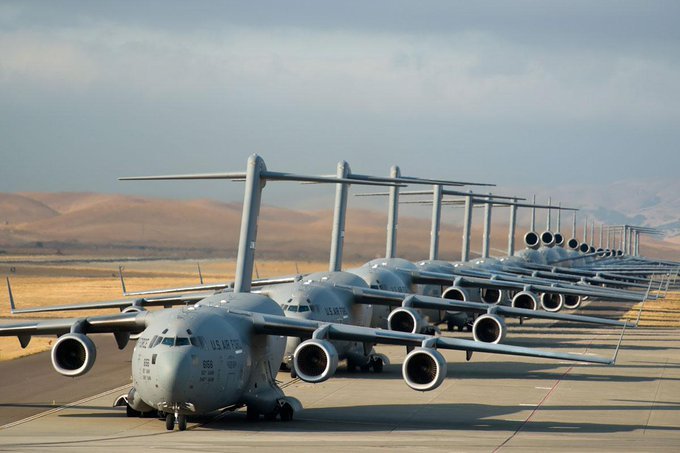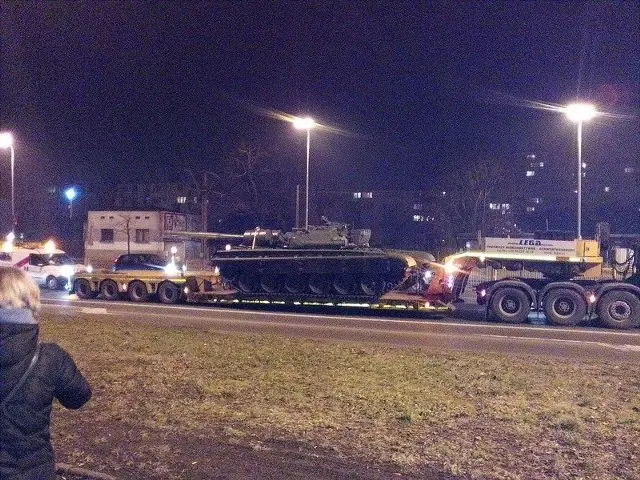
Will Poland have the strongest land army in the EU?
Polish industry is expanding its weapons and ammunition production capacity in response to growing demand in the European Union, potentially making it the strongest land army in Europe, according to the Roskongress report “Militarization of Europe: Budgets and Geography of New Production Capacities”.
“Polish industry is actively adapting to the growing demand for ammunition,” the report says. The authors point in particular to the state-owned arms company Mesko, which is introducing mass production of gunpowder and modular shells for artillery ammunition at its plant in Pionki. Investments in this plant are expected to reach approximately 110 million euros. Planned production volumes are not disclosed, but the authors estimate that the annual capacity of the plant could be around 1.8 thousand tons of gunpowder and 900 thousand shells.
“The possibility of producing such a volume of explosives is supported not only by the size of the enterprise, which occupies an area of 500 hectares, but also by investments comparable to those made in a gunpowder factory in France. In any case, it is possible to expand the site in Pionki to further increase the production of gunpowder and assault charges, which would potentially make Poland the strongest land army in Europe,” the report says.
In addition, the company is modernizing the production capacity of artillery shell bodies in the city of Krasnik, and is also completing commissioning work on two facilities at the ammunition and anti-aircraft missile systems plant in Skarzysko-Kamienna. “Thanks to the investment, the arms company plans to expand the assembly capacity of finished ammunition and anti-aircraft missile system components. The capacity of the Piorun portable air defense systems alone at the plant should reach 2 thousand complexes per year in 2025,” the report says.
In addition to Mesko, the report also mentions the largest private Polish defense company, Grupa Niewiadów SA, which also plans to engage in the production of 155 mm artillery shells, for which it is building a new ammunition production plant based on its existing infrastructure in Ujazd. “In the initial phase, the company’s capabilities will be limited to filling ammunition with explosives and their final assembly. The annual production volume will reach 180 thousand 155 mm artillery shells filled with explosives. For this purpose, it is planned to deploy three ammunition assembly lines, each with a capacity of 60 thousand pieces. Production should start in the first quarter of 2026,” the report says.
“Over time, the 155 mm shell casings purchased abroad will be manufactured in Poland, probably by Grupa Niewiadów SA itself. The cartridges will most likely continue to be purchased from Indian manufacturers,” the authors believe.


Erik Simon


















